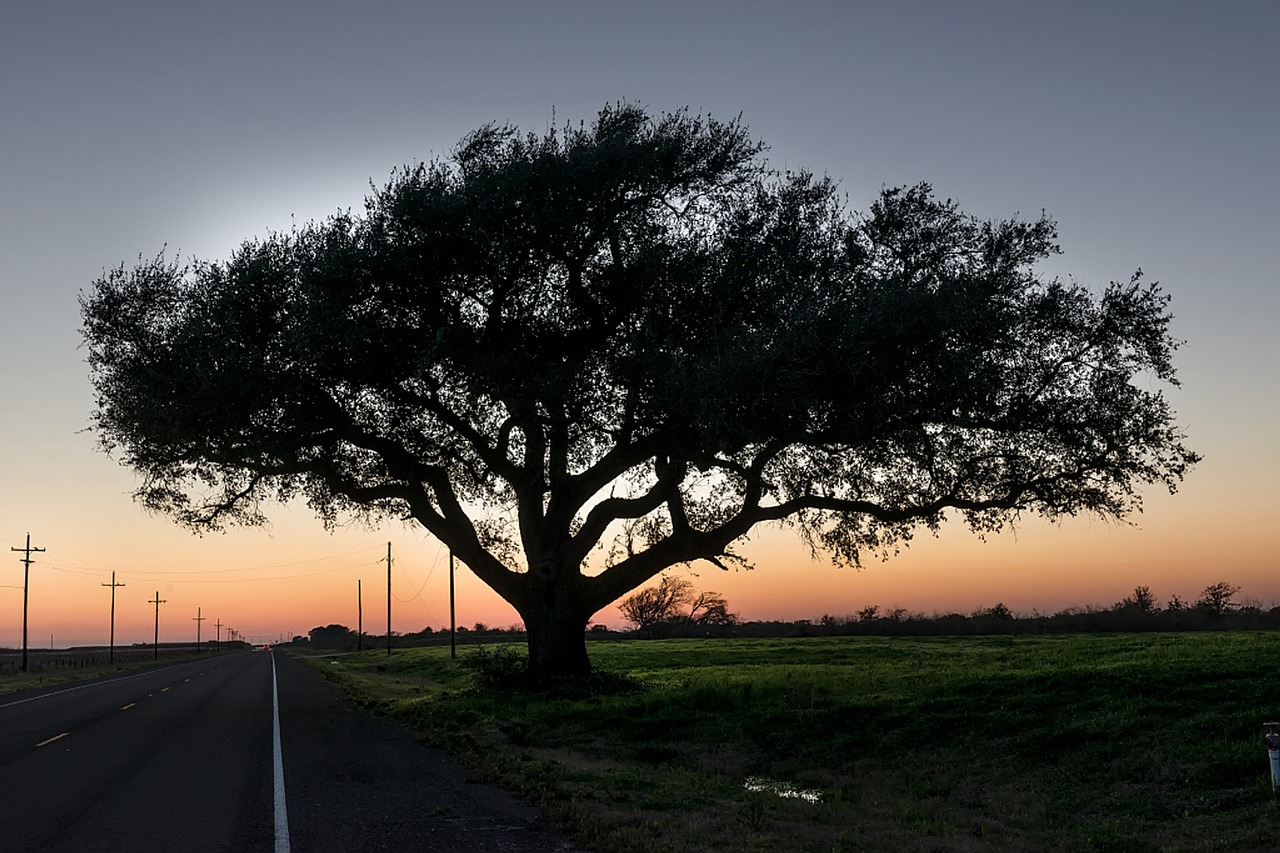Not long after my mom passed away in May of this year, a friend recommended that I read Alexander Levy’s The Orphaned Adult: Understanding and Coping with Grief and Change after the Death of Our Parents. I’m not normally a fan of self-help or popular psychology books, so I wasn’t sure I’d actually read this one or, if I did, find it helpful. But my friend is a discriminating and educated reader, so I trusted her judgement and gave it a try. I was desperate, really, for any resource that could help me make sense of what I was feeling.
Imagine my surprise when I found myself underlining passage after passage in just the first few pages.
Levy, a clinical psychologist, writes about many of the specific challenges we face in losing both parents. “The transformation from having two parents to being without parents is really the passage into full adulthood,” he notes. “It is the gradual realization that we will survive the loss that makes parental death so transforming.” In reading those lines, I realized why I’d had a difficult time understanding my response to my mother’s death—which was completely different from the grief I felt when my father died, four years ago. By the time my mom passed away, I had become a person who knew she could survive parental loss: even as I grieved, I knew I was going to be all right. Though I felt deep sorrow at my mother’s passing, I didn’t experience the panic I remembered feeling after my father died.
I’ll be honest and admit that this made me feel guilty—as though I loved my mother less than I’d loved my dad. I had a complicated relationship with my mother, as well, which made my response feel even more inadequate. And on top of that, much of the outside response to my mother’s death was extremely matter-of-fact. She died as the result of a fall and a broken hip, yes, but she was in her eighties; even a sudden death like hers can’t be entirely unexpected, can it? I remembered a former employer saying, when I expressed my condolences on her father’s sudden death, “He was 84 years old. Death is never a surprise when your father is 84 years old.”
Levy attributes this matter-of-fact response to our culture’s focus on youth: “[W]e value youth so much that . . . the expression of grief at the loss of a very old person is considered less socially meaningful, with the expectation being that the mourner needs less comfort.” In other words, although many friends and colleagues expressed their sympathies, I still felt that I wasn’t supposed to be too upset. I was a professional fifty-something woman with grown children, after all, and my mother had lived a long life. From a cultural perspective, her death was not a tragedy; it was merely the natural order of events.
But reading The Orphaned Adult helped me to understand that surviving the deaths of both parents, no matter what their age (or ours), is a transformational experience: the person you are once your parents are no longer in the world is completely different from the person you have been up to that moment. Whether or not anyone can see the difference, those of us who have lost our parents feel it acutely.
“There is a kind of secret knowledge that comes from becoming all grown up that cannot be related to those not yet through the metamorphosis.” ~ Alexander Levy
This transformation happens, at least in part, because “grief alerts us to pursue those important goals that we otherwise tend to postpone in the naïve belief that our time is enduring . . . by reminding us of the preciousness of our connections to those we love, grief encourages us to reexamine the priorities by which we have been living . . . [B]y confronting us with the reality of our worst fears made manifest, grief forces us to find, or develop, courage.”
What kind of courage? The kind that forces us to face the truth, including the truth of our own mortality. Because I no longer have parents, I view time differently now. Levy calls this a shift from thinking of “time elapsed” to “time remaining”: rather than thinking “I have been married for X number of years,” we begin to think “I will retire in X number of years” or “I am too old to have children now.” When we focus on the time we have left with our loved ones, rather than the time we’ve spent together, we realize how limited that time is—and, therefore, how important it is to use that time in ways that are consistent with our real priorities.
Because my parents have died, my husband and I are actively planning a trip we’ve been meaning to take throughout the entirety of our 27-year marriage. In fact, we’re making a list of all the places we hope to travel together, now that our children are grown. Because my parents have died, I’m thinking ahead to my own retirement—still many, many years off, but nevertheless a looming reality—and considering how I want to spend those years, and what I need to do right now to make sure I’ll be ready to live that life when the time comes.
The Orphaned Adult is an incredibly helpful resource for thinking through the feelings that arise when we arrive at the moment of asking ourselves “Who will I be, now that I am nobody’s child?”





No Comments